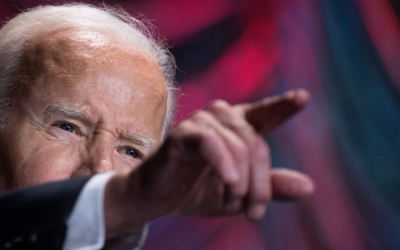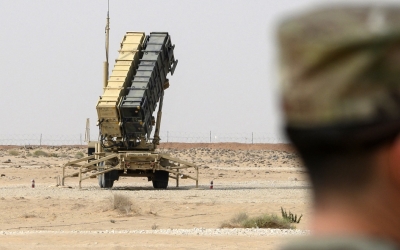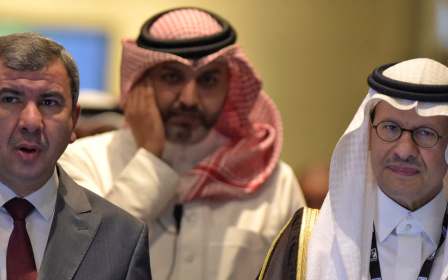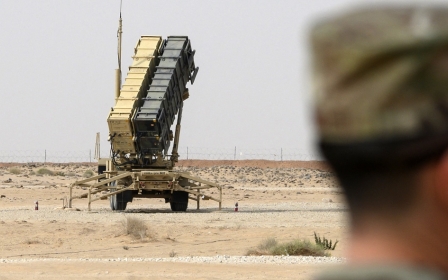Saudi Arabia 'totally rejects' US condemnation of oil production cut
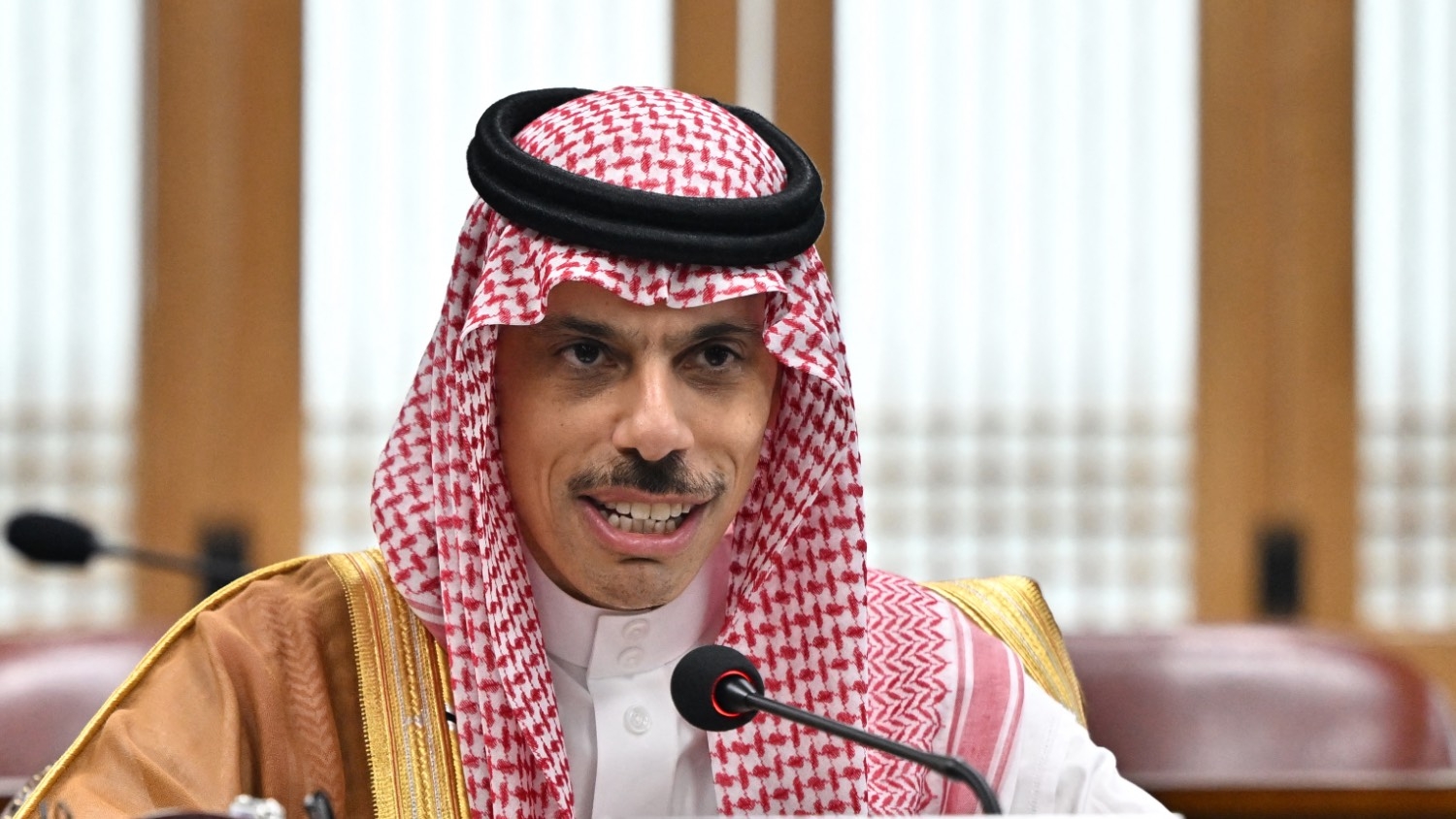
Saudi Arabia on Thursday expressed its "total rejection" of the outpouring of condemnation from the US over the Opec+ decision to issue a major production cut, saying its decision was based on the economic interests of the oil cartel members, not on political motivations.
"These outcomes are based purely on economic considerations that take into account maintaining balance of supply and demand in the oil markets, as well as aim to limit volatility that does not serve the interests of consumers and producers, as has been always the case within Opec+," said a statement attributed to a Saudi foreign ministry official.
The detailed statement came after the White House announced it would be reviewing the US-Saudi relationship following last week's decision by the Saudi Arabia-led Opec+ to cut oil output by two million barrels a day.
The Biden administration fears the production cut is a political blow to the Democratic Party ahead of a pivotal midterm election cycle in November, as Washington predicts the production cuts boosting petrol prices across the country.
This remains to be seen, as the national average for gasoline prices in the US has only risen a few cents since last week and the price of Brent Crude, the international benchmark for oil, has on Thursday fallen back to where it was right up to Opec's announcement.
The Saudi statement on Thursday also said the Biden administration asked the kingdom to delay a decision to cut oil prices for a month, implying that the request could have been election-related.
The statement said such a delay "would have had negative economic consequences".
Nevertheless, the Biden White House responded to the Saudi statement on Thursday, also warning of "consequences" for Riyadh's decision, which it described as an alignment with US adversary, Russia.
"In recent weeks, the Saudis conveyed to us - privately and publicly - their intention to reduce oil production, which they knew would increase Russian revenues and blunt the effectiveness of sanctions," White House National Security Council spokesman John Kirby said in a statement.
"We presented Saudi Arabia with analysis to show that there was no market basis to cut production targets, and that they could easily wait for the next Opec meeting to see how things developed."
Kirby added that other Opec members told the US privately they disagreed with Riyadh's decision, "but felt coerced to support Saudi's direction".
The Saudi statement rejected the notion that Opec's oil cuts aligned Riyadh with Moscow.
"Any attempts to distort the facts about the Kingdom's position regarding the crisis in Ukraine are unfortunate, and will not change the Kingdom's principled position," the statement said.
Pausing arms sales, punishing Opec+
The White House said on Wednesday that it was also looking to work with Congress on assessing Washington's ties with Riyadh. Lawmakers have offered up a number of measures, including halting weapons sales to Saudi Arabia and opening up Opec to litigation in the US.
On Wednesday, Congressman Ro Khanna and Senator Richard Blumenthal announced new bicameral legislation that would halt arms sales and military aid to Saudi Arabia for one year as a consequence of the production cut.
The legislation would prohibit granting a licence to sell Saudi Arabia "any defense articles" including munitions, weapons support and spare parts. The bill, if it became law, would also halt any new contracts to provide any military-related support services to the kingdom.
"One of the consequences should be a temporary halt in arm sales. This one-year pause in sales of all arms, repairs supplies, support, really is in defence of our national interest and security interests," Blumenthal said during a news conference on Wednesday.
The US has provided at least $54bn in military aid to Saudi Arabia and the United Arab Emirates between 2015 and 2021, according to a recent study by the Government Accountability Office.
According to the State Department, Saudi Arabia is the largest customer of American Foreign Military Sales (FMS), with more than $100bn in active contracts.
Republican Senator Chuck Grassley has also announced plans to reignite a push for the passage of his No Oil Producing and Exporting Cartels (Nopec) bill, which would change antitrust law in the US to revoke the sovereign immunity that has long protected Opec and its national oil companies from lawsuits.
Middle East Eye propose une couverture et une analyse indépendantes et incomparables du Moyen-Orient, de l’Afrique du Nord et d’autres régions du monde. Pour en savoir plus sur la reprise de ce contenu et les frais qui s’appliquent, veuillez remplir ce formulaire [en anglais]. Pour en savoir plus sur MEE, cliquez ici [en anglais].


